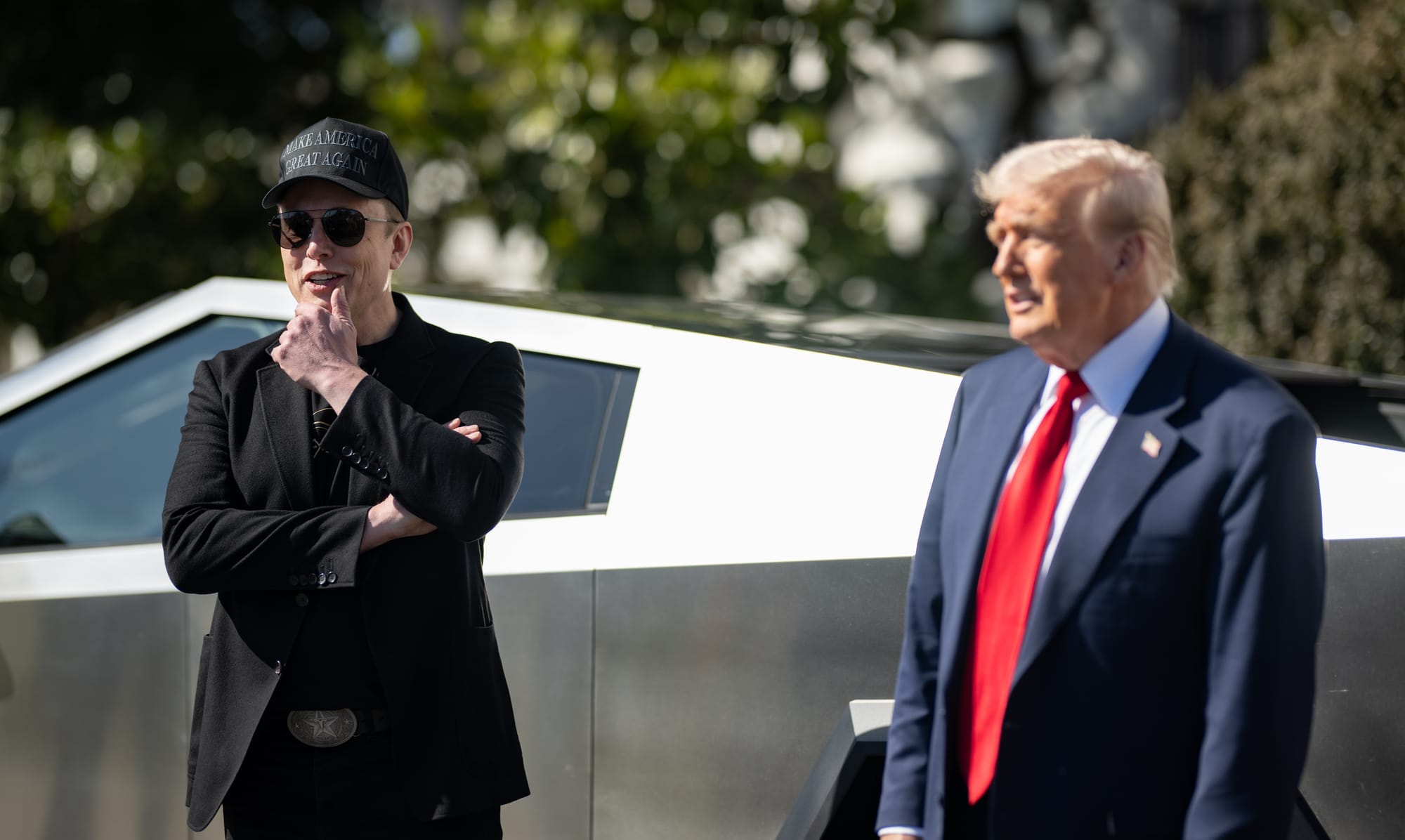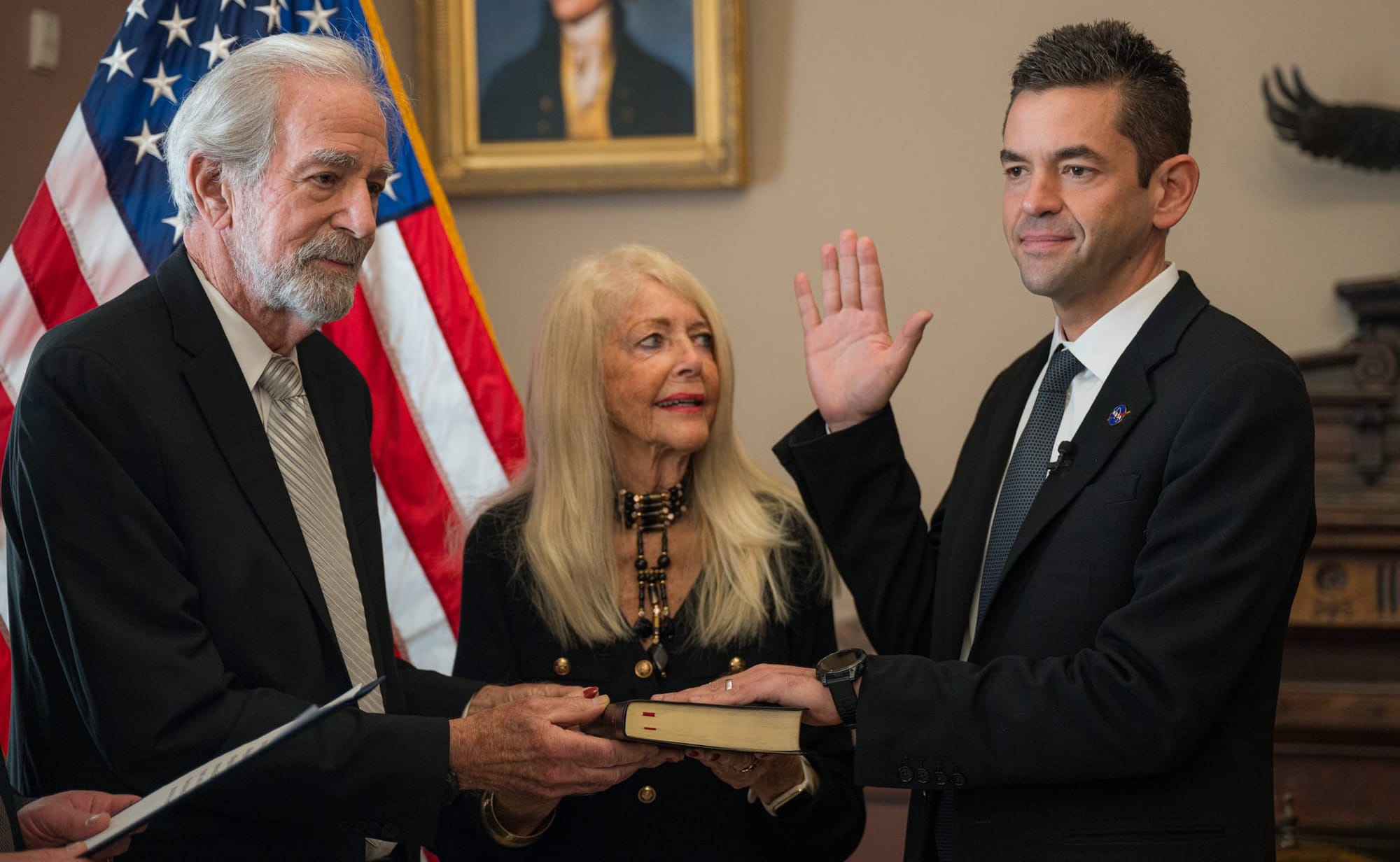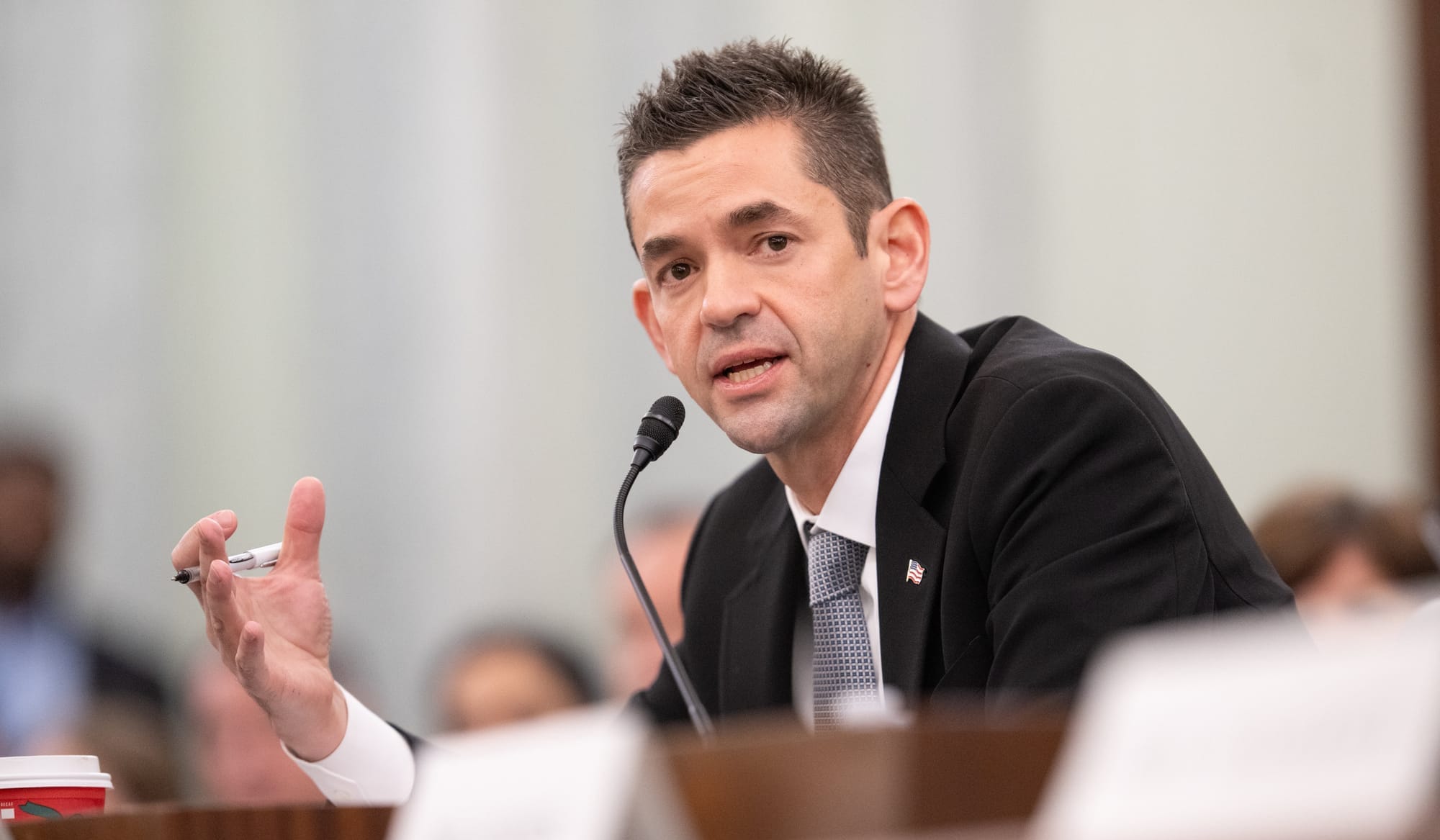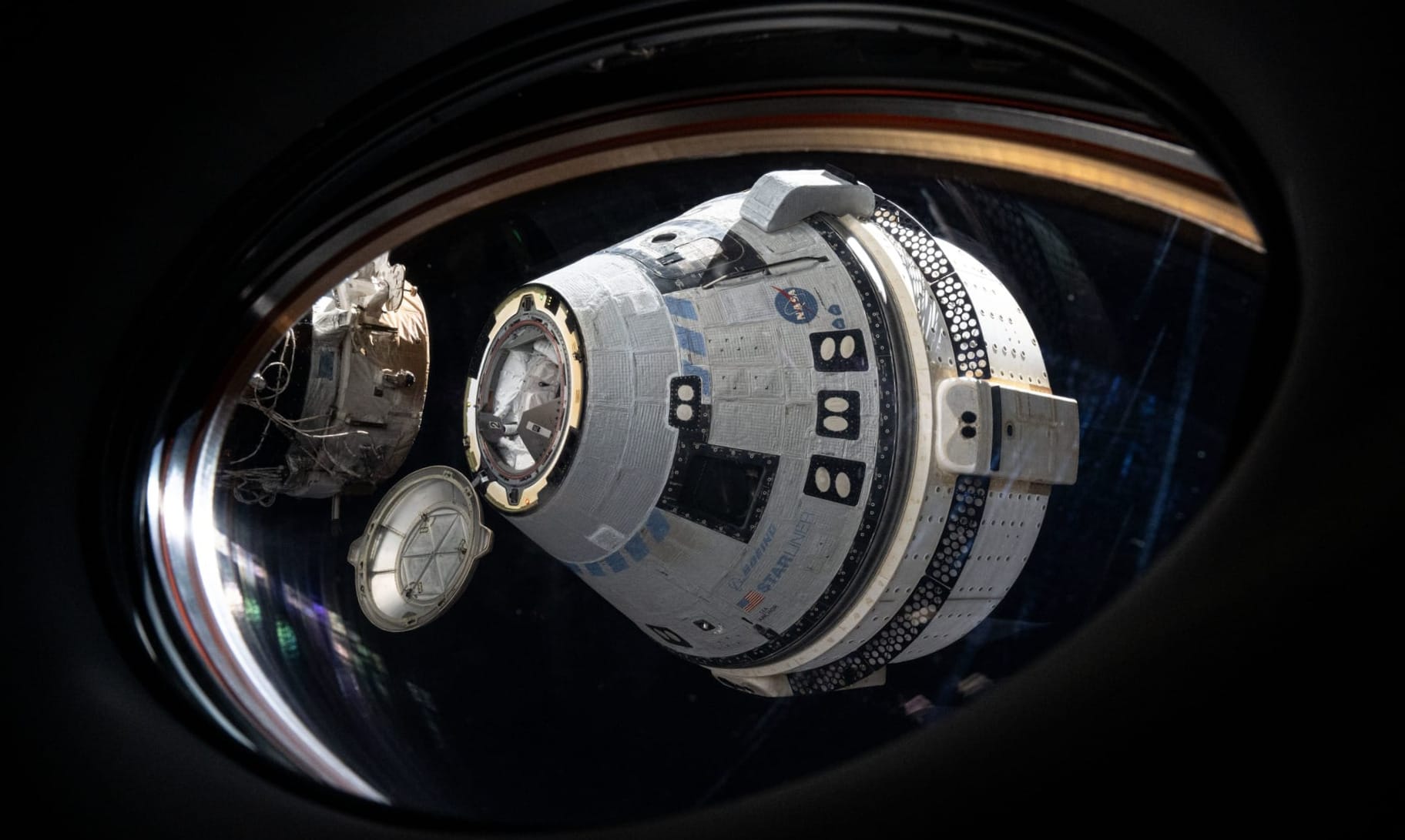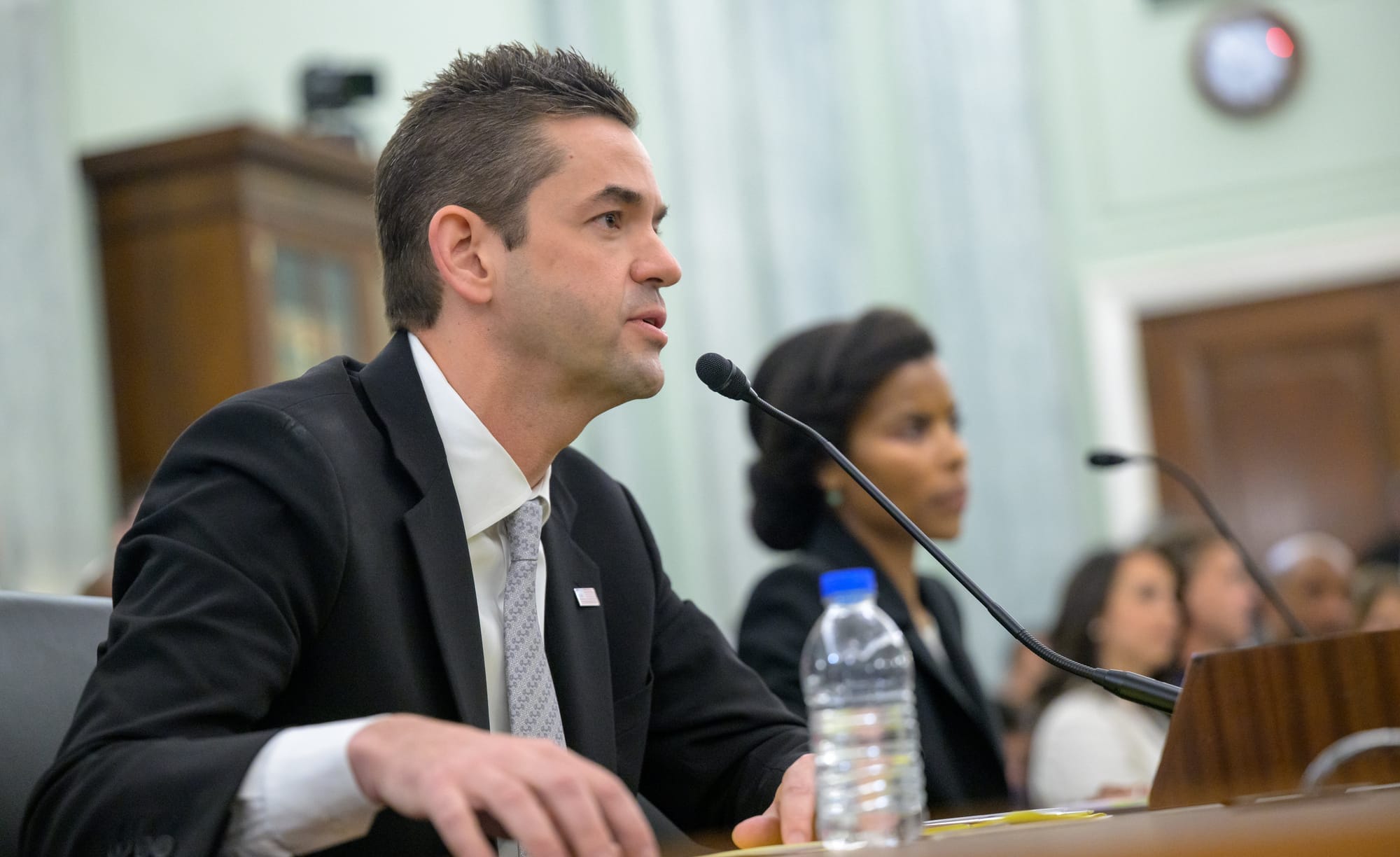Table of Contents
With the advent of the second Trump Administration, head of SpaceX Elon Musk has been elevated to a senior position in the U.S. government, bringing certainty to SpaceX's greater grip over American space efforts. Meanwhile, President Trump is mulling over changes to NASA's focuses and agreements moving forward.
During his inauguration speech two months ago, Trump outlined that he wants boots on Mars, a goal long sought by Musk, possibly jeopardizing the existing Artemis program. Additionally, former NASA Deputy Administrator in the Obama administration Lori Garver believes that the new administration won't stick with the Artemis Accords due to its slow-to-materialize benefits.
However, Executive Secretary of the National Space Council Scott Pace, during the first Trump administration, expects that the U.S. will remain in the accords until it can create a globally popular consensus on how space should be used in line with U.S. national interests. Possibly to replace the Outer Space Treaty which is in need of updating.
What isn't being considered at length are changes for NASA's workforce, heads, suppliers, and future talent. So far, Trump's policy directives have started a witchhunt within the space agency, begun to erase minorities, cut hundreds of millions from contracts his lackeys won't specify, and begun to layoff workers from an already overstretched workforce. Alongside all that, NASA's science budget is looking to be halved, with puppets for Musk as in key positions, while the U.S. Department of Education is dismantled.
As SpaceX tightens its grip over the U.S. launch market, transportation too when Starship actually works, while assisting in mass surveillance at an unfathomable scale, traditional American allies in Europe are looking to distance themselves. European officials have growing disdain for Musk due to his repeated backing of extreme right-wing or fascist groups on the continent.
European officials have criticized and warned of the U.S.' new direction, citing their own experiences during the early 20th century appearing in America.
Thankfully for European space access, the continent has three new launch sites preparing to support the imminent debut of several rockets, alongside another in South America for the actively flying Vega-C and Ariane 6. Those new spaceports are Esrange in Sweden, Andøya in Norway, and Saxavord in Scotland (a semi-autonomous part of the United Kingdom). Currently, the newer spaceports will support various smaller rockets, but the European Space Agency is looking to support the development of larger vehicles.
European institutions, both national and international, are calling for greater autonomous access to space technologies too. In the United Kingdom, senior politicians are calling for a truly sovereign launch capability, while the European Space Agency is pushing for Europe to fully play into its technological strengths and innovations. Satellite companies based in Europe like Eutelsat have seen their valuations soar with new political support, and an abandonment of businesses affiliated with Musk.
However, Europe's own investments in space can go so far. Recently the European Space Agency and Japan have agreed to jointly venture to near-Earth asteroids with further possibilities of collaboration on the Moon. In addition, if Europe is looking for a partner with a larger space budget with a focus on addressing climate change, further existing cooperation with China is a possibility, as the continent is rushing to fix up relations. Unlike the U.S., China has outlined plans for continued space innovation, planetary exploration, and is open to international collaboration on flagship missions.
Securing independent access to space for Europe will require immense financial and political backing from European governments to ensure the continent is not at the whims of an increasingly rogue U.S. controlled by oligarchs like Musk, with Jérôme Barbier, Head of Outer Space, Digital and Economic Issues, telling FRANCE24:
“I think the Musk issue will not be solved only by legal means, it needs to have political backing by member states, and significantly by the larger member states. Most of Musk’s wealth comes from the defence industry. So clearly, this needs political will among some member states.”

